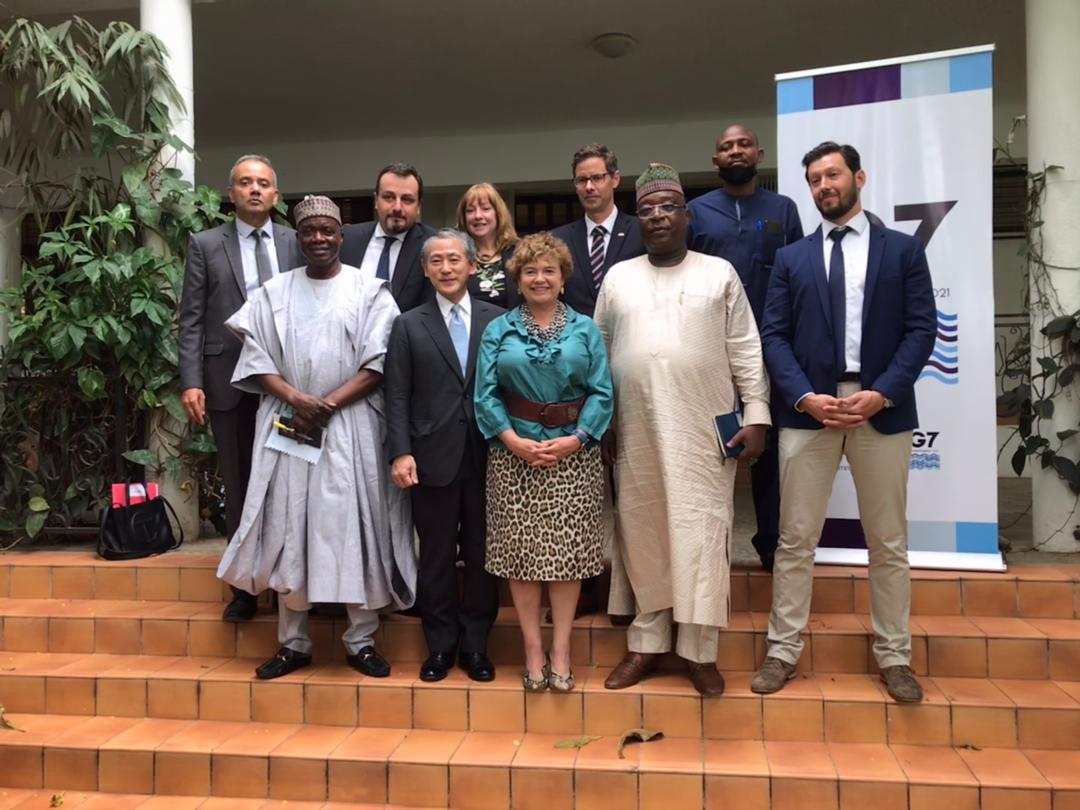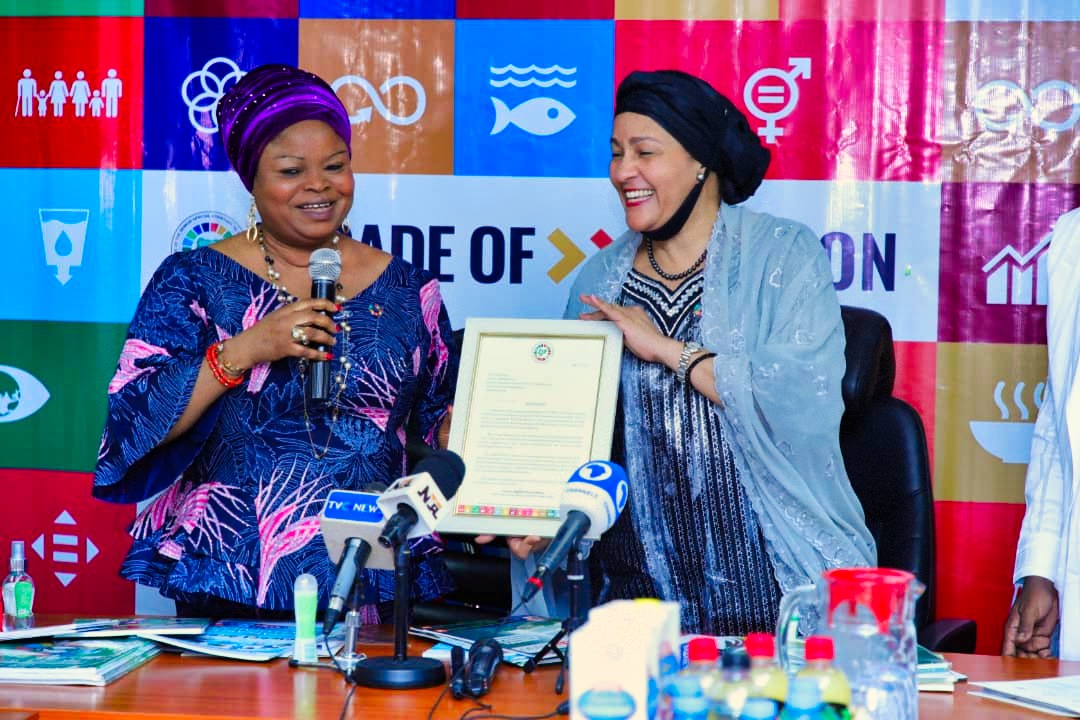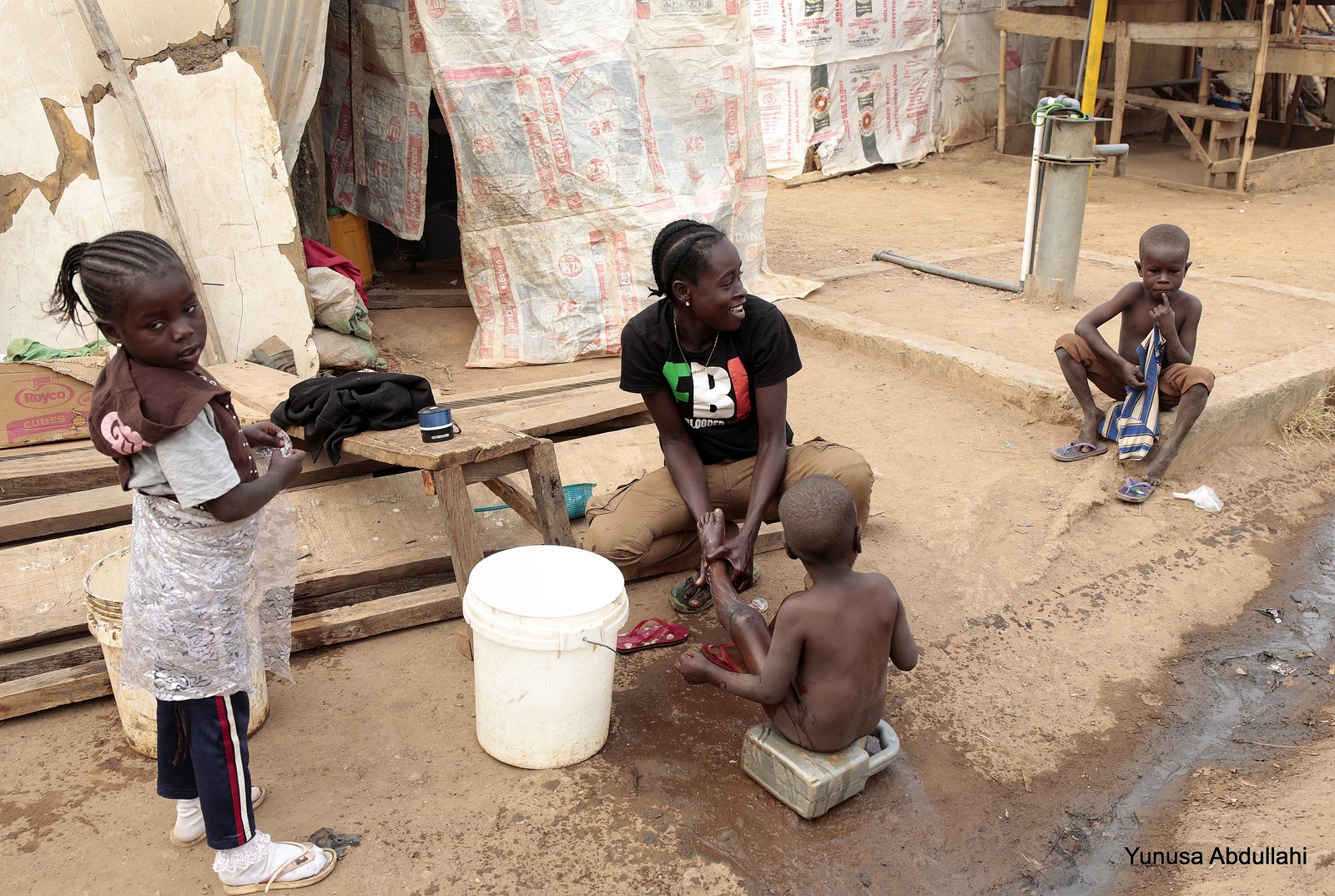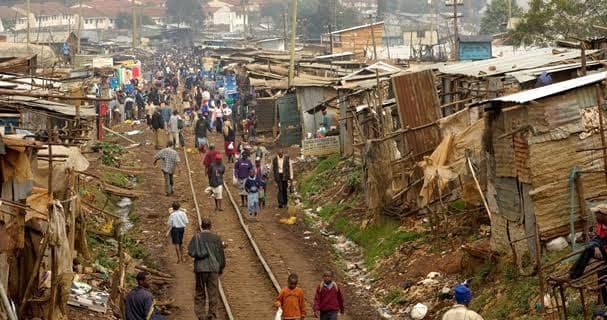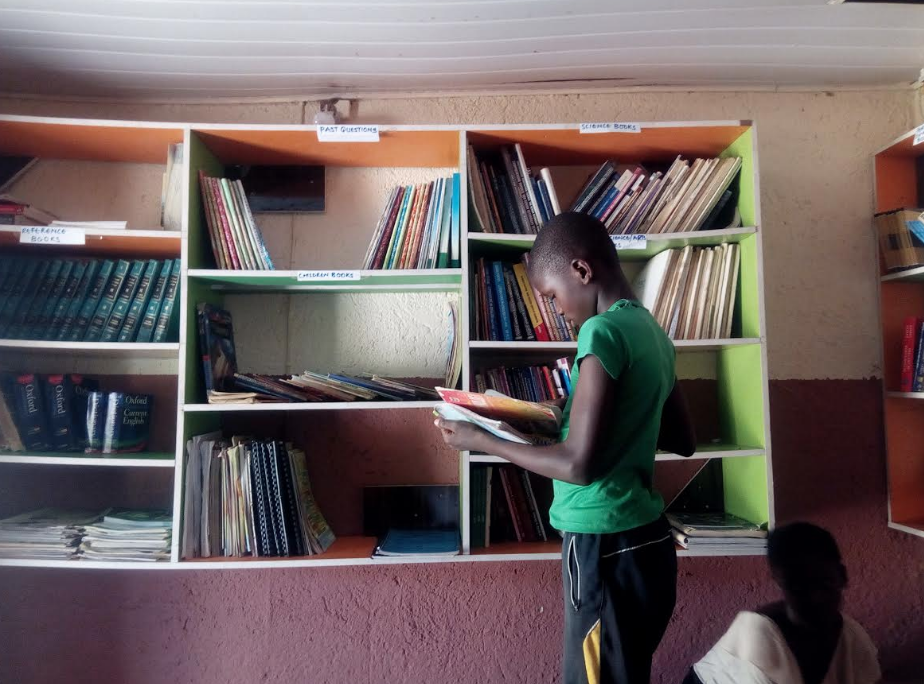The United Nations Population Fund (UNFPA) says the absence of timely medical treatment has increased the demand for vesico vaginal fistula (VVF) services in Kaduna state.
Mariana Darboe, UNFPA programme coordinator and head of northern Nigeria office, spoke during an interview in Kaduna on Wednesday.
VVF, also called obstetric fistula, is an abnormal opening between the bladder and the vagina that results in continuous urinary incontinence.
It is a childbirth injury resulting from prolonged and obstructed labour which can be treated through advanced laparoscopic surgery.
Advertisement
Darboe said fear, stigma, misinformation and other factors have not allowed some women to access the obstetric care adding that an increased visibility around VVF response, partnerships and further discussions on the condition will enable more women seek for cure.
She explained that as a leader in the global campaign to end fistula, UNFPA has been providing funds and technical support for prevention, treatment and social reintegration programmes for women and girls living with the condition.
She said it is the mandate of UNFPA to eradicate fistula related triggers such as child marriage, maternal mortality, adolescent pregnancy prevention, gender inequality among others.
Advertisement
“We have continued to provide technical support and training to doctors to strengthen the VVF response, while the Kaduna state government, through the ministry of human services and social development increased funding for rehabilitation,” she said.
“The state government has increased its support to the response with increased funding through a budget line for the feeding and rehabilitation of survivors and empowering them with life skills.
“The survivors are being trained in self-sustaining skills like tailoring, knitting, liquid soap making, literacy and numeracy skills, among others, while we continue to provide technical support.
“We are also working toward mobilising other private sectors to come in and support the state in addressing the fistula challenge.”
Advertisement
Add a comment

